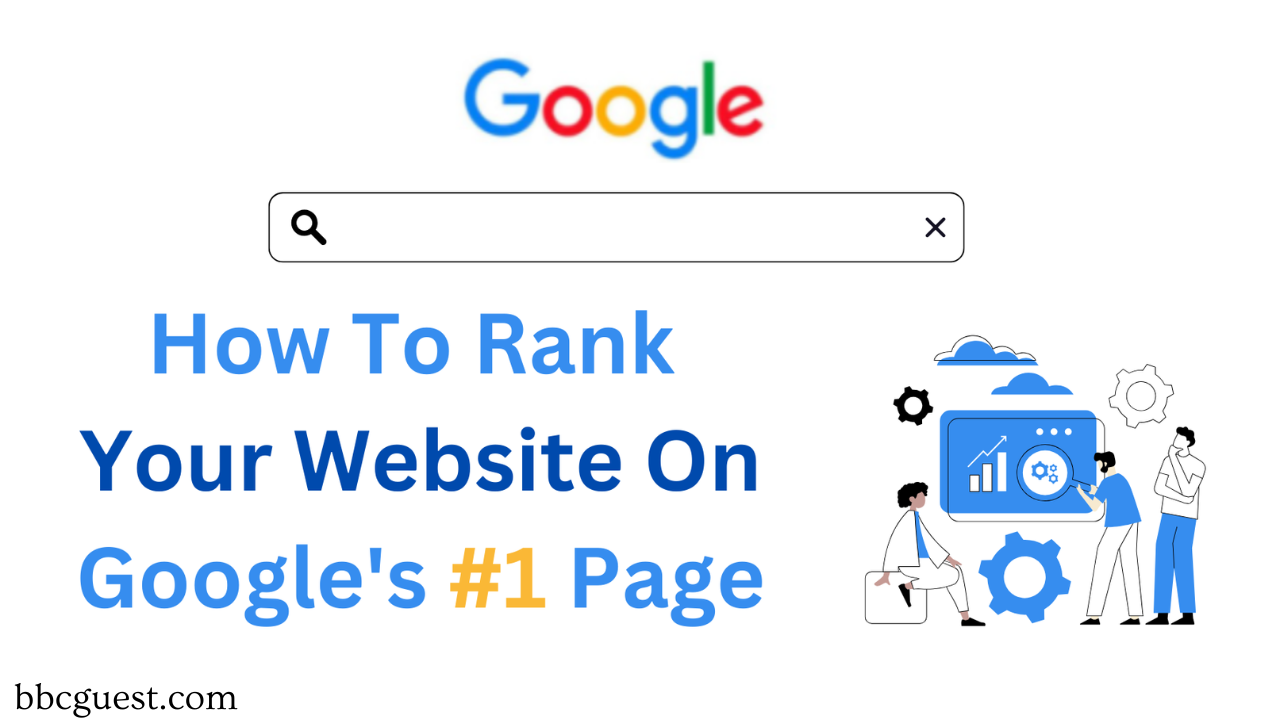In an era when likes and filters often shape our realities, staying true to yourself is both rare and courageous. The phrase “Being Authentic WhatUTalkingBoutWillis” may sound playful, but it holds a deeper cultural meaning. Popularized in the 1970s sitcom Diff’rent Strokes by Gary Coleman, the iconic catchphrase “What you talkin’ ‘bout, Willis?” was a humorous way to express disbelief. But in today’s world, it’s a symbolic call to pause, reflect, and question what’s real—especially when surrounded by curated content and social masks.
Authenticity, now more than ever, is not just a value; it’s a quiet form of rebellion against a system that celebrates surface over substance.
What It Means to Be Authentic
Being authentic is not about being raw for attention. It’s about being consistent in your actions, beliefs, and identity—whether in public or behind closed doors. It’s choosing truth when it’s easier to pretend. In daily life, that might look like speaking up when something feels off, dressing in a way that reflects your true style rather than trends, or even admitting when you’re wrong.
Authenticity means standing for something—even when no one is clapping.
WhatUTalkingBoutWillis: More Than a Catchphrase
At first glance, the phrase might seem like a fun pop culture throwback. But “WhatUTalkingBoutWillis” goes deeper—it’s a mental checkpoint. When used in the context of authenticity, it urges you to stop and ask: Am I being real right now? Am I speaking from my truth, or am I just performing?
It’s a filter breaker. A mirror check. A small moment of clarity in a noisy, overstimulated world.
The Social Media Illusion
One of the biggest challenges to authenticity today is the pressure to perform on social media. We’re often expected to share the highlight reel of our lives—flawless skin, happy moments, aesthetic meals. But that version of reality is incomplete. And chasing it can be draining.
Behind the screens, people feel disconnected. Even influencers are now embracing vulnerability, admitting the cost of always appearing “on.” As authenticity begins to trend, the question becomes: Is this real authenticity—or another curated act? That’s where the WhatUTalkingBoutWillis mentality becomes essential.
Honesty in Relationships
Honesty forms the foundation of every meaningful relationship. Without it, trust crumbles. Whether it’s a friendship, romantic partnership, or family bond, being real builds closeness. Saying how you feel—respectfully—helps others know the true you.
Pretending to be okay when you’re not, going along with what others say to avoid conflict, or hiding your needs slowly creates emotional distance. Honesty may not always be comfortable, but it brings long-term clarity and connection.
Mental Health and Authenticity
Living a life that’s out of alignment with your truth causes internal tension. When your outer self doesn’t match your inner reality, anxiety, stress, and even depression can follow. Authenticity supports emotional health.
It means creating space for your feelings, embracing imperfection, and letting go of the need to always fit in. The more honest you are—with yourself and others—the more peace you begin to feel. And peace isn’t loud. It’s honest.
Workplace Realness
In professional settings, authenticity is often misunderstood. People fear being seen as “too emotional” or “unprofessional” if they show vulnerability. But that belief is shifting. Companies now seek leaders who show empathy, team members who share ideas openly, and workers who act with integrity.
Being authentic at work might mean expressing your creative input, admitting when a project needs help, or choosing roles that align with your values—not just the paycheck.
How to Stay Real Every Day
Authenticity isn’t one big decision. It’s a series of small choices made every day:
- Say “no” when something doesn’t feel right
- Check in with yourself before saying “yes” too quickly
- Share your story—flaws and all
- Set boundaries without guilt
- Celebrate your quirks instead of hiding them
Over time, these small acts become your way of life. And people will start to say: “There’s something real about you.”
Why Honesty Still Matters
In a world where people can build fake followers, post deep quotes with shallow intent, and pretend to be something they’re not, honesty is rare—but it’s powerful.
Being honest doesn’t mean sharing everything. It means being truthful in intention. Whether you’re building a brand, forming friendships, or simply living your life—honesty will always stand the test of time.
Because when the noise fades, people remember how you made them feel. And realness? It always leaves a lasting impression.
The Human Touch Behind the Phrase
“WhatUTalkingBoutWillis” reminds us not to take everything at face value. It’s okay to pause, ask questions, and reevaluate. Maybe you’re not being true to yourself—and maybe that realization is exactly what you needed.
Let it be your light-hearted inner voice when you’re tempted to follow trends that don’t reflect who you are. Let it be the sign to pull back and reconnect with your truth.
Because what you’re talkin’ ‘bout matters. Especially when it comes from a place of realness.
Final Thoughts
Being authentic is not the easiest path—but it’s the most rewarding. It doesn’t mean you’ll never be misunderstood. It means you’ll sleep better at night knowing you showed up as yourself. Your voice, your story, your presence—they matter.
So next time you catch yourself trying to “perform” instead of “be,” stop and ask:
“WhatUTalkingBoutWillis?”
The answer might just bring you closer to your most honest self.
Also Read: What Is Paulina Ben Cohen’s Net Worth? Her Lifestyle, Family & Fortune



